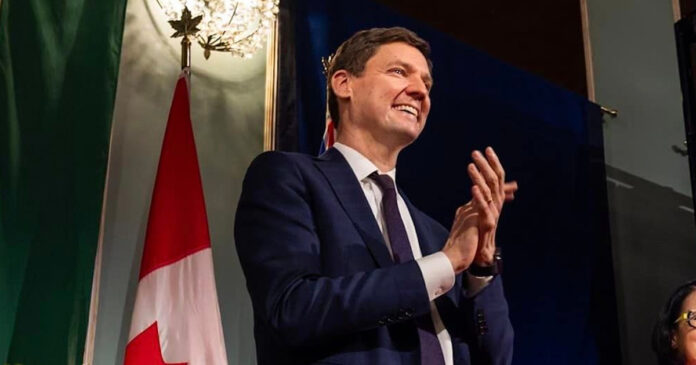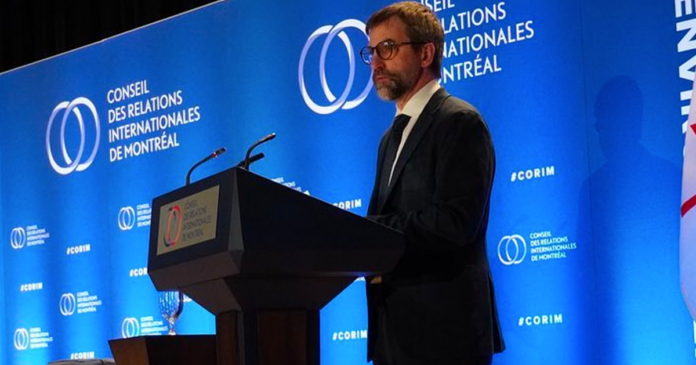The University of British Columbia’s Social Justice Centre, a radical anti-Israel student union group, says it was not behind “I love Hamas” stickers bearing their namesake that have circulated on campus.
The controversy began last week after users posted to social media pictures of circular stickers that bore the message “I (heart) Hamas” and referenced the UBC Social Justice Centre.
The stickers resulted in prompt backlash online, including from prominent Jewish voices, causing the centre to issue a statement in which it claimed it had no involvement in the stickers.
“The UBC Social Justice Centre has nothing to do with the creation, production, or distribution of these stickers,” said the centre. “We have never, and would never, promote or condone such messages – they do not reflect our values and we are deeply concerned that these messages will fuel an already incendiary environment and jeopardize student safety.”
It added that “this defamation campaign is an unfortunate attempt to tarnish the reputation of the SJC and undercut our advocacy against the Israeli state’s ongoing genocide in Gaza,” and that the action is “is not only Islamophobic”, but is also “part of a larger, coordinated assault on Palestine advocacy across North America.”
On Sunday, Jewish student group Hillel BC said on Instagram that it parted ways with an independent contractor after it found out they partook in “the distribution of offensive stickers.”
Hillel BC announced that it has parted ways with an independent contractor after it found out the contractor partook in “the distribution of offensive stickers.”
Hillel condemned the contractor’s actions in a statement.
“The actions of this individual do not in any way reflect the values of Hillel which, upon learning of these events, has terminated its relationship with that contractor,” reads the statement. “Hillel BC is committed to presenting the facts and the truth about Israel and Jewish life on campus and the difficulties Jewish students are facing on campus today.”
While the UBC Social Justice Centre has denied being behind pro-Hamas stickers, it has engaged in radical anti-Israel activism, both before and since the Oct. 7 terrorist attacks which ignited the current conflict in the Middle East.
The Social Justice Centre collaborated with the controversial Solidarity for Palestinian Human Rights group in promoting a campus walkout and shutdown, and has also attempted to contextualize the events of Oct. 7 in a light meant to tarnish Israel.
SCREENSHOT: UBC Social Justice Centre Instagram post attempting to contextualize the Oct. 7 terrorist attacks
The Social Justice Centre also claimed in an X thread last year that Zionism, a movement for the establishment, development and protection of a Jewish state, is racist, settler colonial, pro-Apartheid and something progressives should not support.
Furthermore, the centre has used the phrase “from the river to the sea,” a phrase referring to the elimination of Israel, which experts have warned has genocidal implications
The UBC Social Justice Centre did not return multiple requests from True North for additional comment.



























